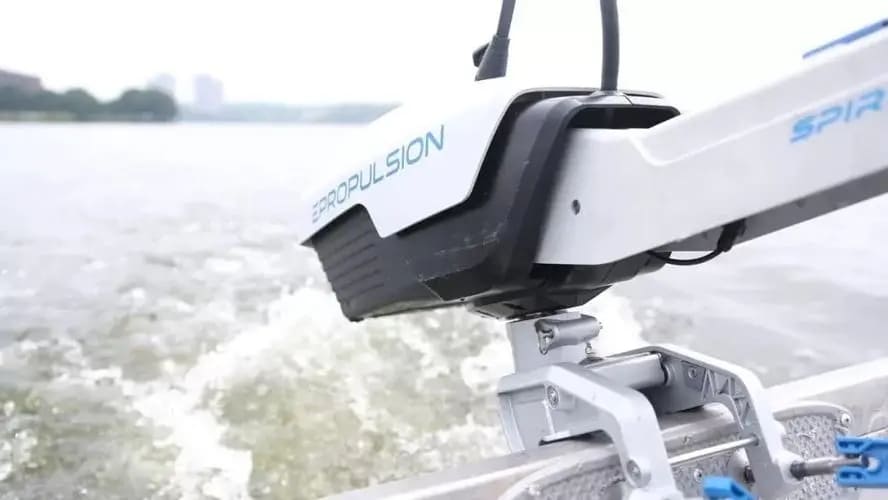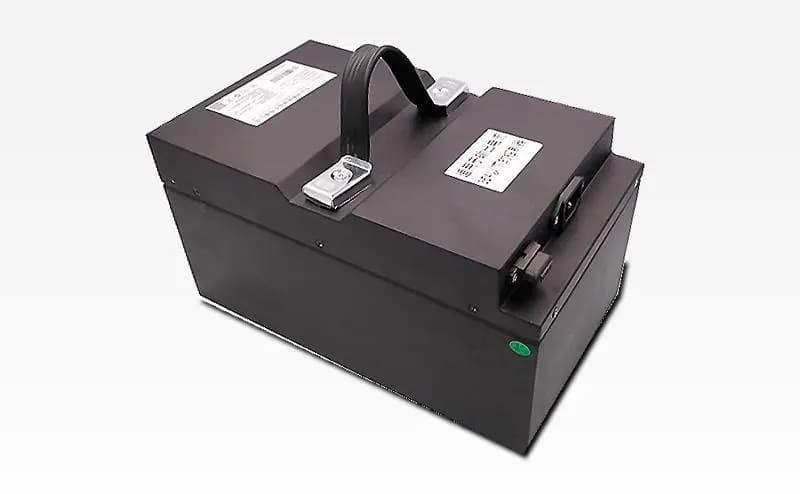
Background introduction
The new energy of automobiles and the cleaning of electricity have become the trend of today’s energy consumption. New energy and clean energy are sweeping through all fields of energy consumption. Of course, as an important means of transportation in modern society, ships have also become the object of new energy.
Modern ships, especially ocean-going marine, due to high power and other reasons, traditional fossil fuels make the pollution of ships very serious. According to the data, the atmospheric pollution and water pollution caused by traditional diesel engine ships in the driving process are very amazing, and the amount of CO2, CO and hydrocarbons produced after the combustion of one ton of diesel fuel is very large.
At present, the problem of ship pollution is prominent, and it is imperative to make new energy to ships due to environmental protection requirements. Nowadays, the tentacles of new energy have touched the clean energy of ocean-going marine and the electrification of inland shipping marine.

Feasibility of lithium battery power systems for marine
At present, the energy used by marine is single, and most of them use diesel engines except for a small amount of lead-acid power. Traditional internal combustion engine marine occupies a leading position. Because the internal combustion engine has a smoke dust noise odor and oil and water will pollute the environment, and the flue gas and heat energy in the cooling water are difficult to recycle, resulting in low energy use efficiency, so the use of fuel will inevitably have low efficiency and high pollution, making the cost of obtaining navigation power in the form of low-efficiency internal combustion engines too large.
If lithium batteries are used as energy storage devices, and with the intelligent marine operation platform to build a unified, open, and inclusive intelligent marine architecture that can accommodate multiple application scenarios, it can realize the whole process of ship operation control:
The platform constructs access standards and application service specifications for sensing data, and establishes database structure specifications for intelligent marine applications.
Build a multi-faceted heterogeneous data fusion processing engine to achieve efficient processing and storage of massive marine data.
Realize full element perception, analysis, and predictive early warning for marine operation.
Build a low-cost, high-performance, open, and scalable ship-shore integrated intelligent marine integration platform, which supports users to develop various service applications and integrations on this platform to achieve large-scale applications.

Market prospects
Foreign market research firm Research and Markets released the “2015-2024 Global Electric marine, Small Submarines and Autonomous Underwater Ships Market Report”
The report notes that the electric marine market is experiencing rapid growth due to new performance, affordable costs, legal bans, or limited internal combustion engines. The report found that the electric marine market, both on-water and underwater, will grow rapidly from $2.6 billion in 2013 to $7.3 billion by 2024. In addition, as high-power all-electric versions become more and more feasible, the market value of electric outboard engines will increase to 3 times. Seawater electric planes will also usher in a new market. The report covers hybrid and pure electric vessels, including on-water and underwater, inland, and nautical.

Selection characteristics of lithium batteries for marine
High C-rate
In order to cooperate with offshore charging, the charge and discharge rate of general marine batteries is higher.
Replaceable plug-in intelligent modularity
In response to various uncontrollable factors on the water, plug-and-play backup energy solutions are required, and modularization is the best choice.
Shockproof function
At sea or on the river, because of the wind and wave factors, the general configuration of the Shockproof function is more stringent.
Waterproof and dustproof
The humidity in the cabin is higher, and the general waterproof and dustproof function is more stringent.
Rigorous battery management system
Because the power consumption during downstream/counterflow varies greatly, it is necessary to have intelligent control and responsive control systems.



